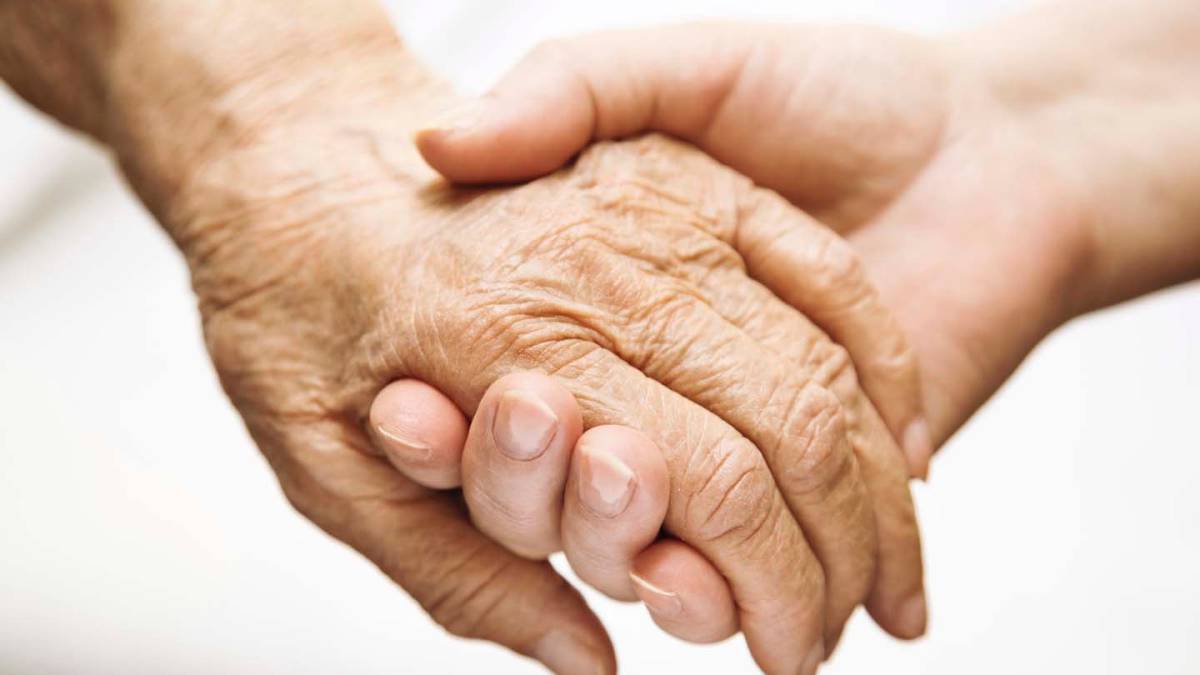|
The end of life can be an incredibly powerful time for both the person dying and the people around them. It can be a time of increasing clarity, growth, and peace. At the same time, most patients struggle during this time, both with physical symptoms as well as with complicated emotions. The hospice movement was founded on the belief that medicine does not have to cure in order to heal; that end of life medical care can and should be focused on creating ease and peace rather than solely on extending life as long as possible. The mission statement of the first hospice to open in China is "to love everyone from the bottom of our hearts". Hospice is a philosophy of care that focuses on quality of life at the end of life. It involves a team of medical professionals who care for dying patients wherever they are, both in their homes as well as in more traditional medical settings such as nursing homes or hospitals. Hospice care is offered to patients whose doctors believe that they have less than six months to live. The focus is on comfort including physical, mental-emotional, and spiritual care for both the patient and their family. How can acupuncture help?Acupuncture is proven to be a powerful therapeutic option to assist people through physical and emotional challenges of all kinds. In hospice care, the focus of acupuncture is twofold. First, it helps to ease the person and their family through the stages of grief to a place of peaceful acceptance and powerful clarity about death and dying. At the same time, acupuncture is also effective at easing physical symptoms to allow minimal use of pharmaceutical medication and their associated side effects. This allows patients the opportunity to be more present, clear, and focused on the people that matter to them during this sacred time of life. The Stages of Grief Hospice acupuncturists are trained to recognize and support healing through the stages of the grieving process that surrounds death. These stages were first described by Elizabeth Kubler-Roth in her pivotal book On Death and Dying. The stages are: denial, anger, bargaining, depression, and acceptance. People may go through these stages in order, or jump from one to another. Alternately, they may experience going through the same stages multiple times. These stages are a normal part of the process of moving through this phase of life, yet many people get stuck in them and have trouble moving into the experience of acceptance. Part of the reason for this is the taboo that exists around talking about death. Patients want to protect their families from having to face the topic of death, and families in turn want to protect their loved ones who are dying from the discomfort of this type of conversation. Because death is something not traditionally discussed, no one is really comfortable starting the conversation. The hospice movement plays a huge role in opening this conversation up, allowing communication and understanding to be part of the healing process. Acupuncture has the capacity to play a helpful role in this process through helping to release difficult emotions from the body and mind so that patients and their families can move forward with more ease. Easing Physical Symptoms In addition to easing the emotional process surrounding death, acupuncture has also been proven in numerous studies to be helpful in easing the physical symptoms that come with the dying process. Acupuncture can ease xerostomia (dry mouth), nausea, vomiting, dyspnea (shortness of breath), and pain without the side effects that often come with the use of pharmaceutical medication. For links to these studies and more, see the resources and related links section below. What to expectAcupuncturists begin each session by talking to the patient as well as their caregivers. The goal is to assess the patient's needs, both physically and emotionally. A personalized treatment is then planned based on the individual needs and desires of each patient. Only a few needles are used for each section of treatment, and these are always inserted gently and shallowly to ensure a pain-free experience. Practitioners always make sure to stay present with the patient to ensure that the patient's experience is a positive one. Treatments are repeated weekly, or sometimes more frequently depending on the needs of the patient and their caregivers. More informationTo learn more about acupuncture, take a look at our sections About Acupuncture or How Acupuncture Works. If you're curious about the differences between Eastern and Western medicine, we recommend reading About Eastern Medicine. To learn more about the author of this article, Marni Adhikari of Wisdom Traditions Acupuncture, read About Us. If you have any additional questions, you can browse our FAQ or Contact Us. Marni is happy to answer any questions you may have. Resources & related links
0 Comments
Leave a Reply. |
AuthorMarni Adhikari, M.Ac, L.Ac, Dipl.Ac, is the founder and acupuncturist at Wisdom Traditions Acupuncture of Essex Junction, VT Learn MoreQuestions? |


 RSS Feed
RSS Feed
